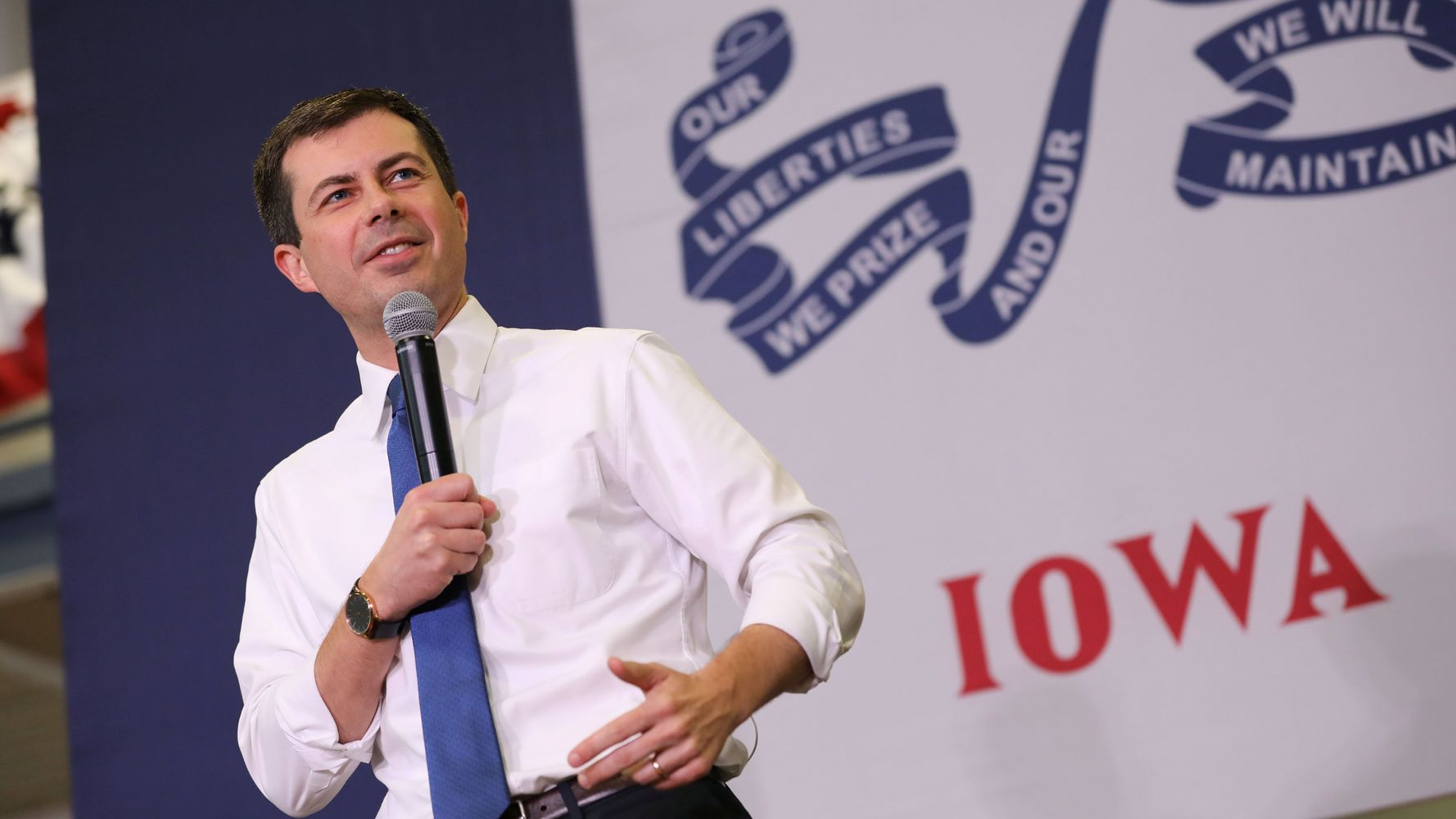[ad_1]

Democratic presidential hopeful and South Bend, Indiana, Mayor Pete Buttigieg came under fire last week after conceding he “was slow to realize” that schools in his city are still racially segregated. His new education plan, released Saturday, addresses this issue, proposing the creation of a $500 million fund to incentivize and support local racial and socioeconomic desegregation efforts in education.
“School integration benefits all students, yet 50 years after Brown vs. Board of Education, most students still attend effectively racially segregated schools,” he says in the plan.
In addition to the fund, Buttigieg intends to eliminate restrictions on federal funds for voluntary bussing initiatives that aid school desegregation. He also proposes establishing a new federal pre-clearance process that requires districts to consider the racial and socioeconomic implications of boundary changes. And his plans to address segregation extend to preschool and early childhood education.
Last week in North Carolina, Buttigieg said that he had assumed the schools in his city were integrated, given a 1981 federal court consent decree over the issue. However, in subsequent decades, the district has failed to fulfill its promises.
“I have to confess that I was slow to realize ― I worked for years under the illusion that our schools in my city were integrated because they had to be because of a court order,” Buttigieg said at the event last week.
In the days since, the candidate received heat for his naivete on the issue, although Indiana school districts operate independently of mayors’ offices.
In recent decades, politicians have generally avoided discussing school segregation. But in the current Democratic primary, it’s been getting renewed attention. Sen. Bernie Sanders (I-Vt.) has promised to axe rules that ban federal funds for bussing and Sen. Elizabeth Warren (D-Mass.) has said she would encourage states to use federal funds to foster integration. Their plans to address the issue head-on stand in contrast to former Vice President Joe Biden’s record of opposition to bussing, which he’s struggled to defend.
Like his rivals, Buttigieg is proposing major new investments in early childhood and K-12 education. Similar to Biden and Sanders, he says he wants to triple funding for schools that primarily serve low-income children, called Title I schools. (Warren says she would quadruple Title I funding.)
Buttigieg also proposes major investments in early learning and, under his plan, no family would spend more than 7% of their income on early learning, with the lowest earners paying less. (The Department of Health and Human Services currently defines childcare as “affordable” if it is below that 7% threshold.)
Like his Democratic rivals, Buttigieg’s plan also takes aim at charter schools, a type of public school that is privately operated.
Buttigieg says he would ban for-profit charters ― about 15% of the sector ― and work to make sure that all charters are held to similar accountability and transparency standards as traditional public schools. He proposes that states be required to report on the performance of charter school authorizer groups, and take action against those which post subpar achievement levels.
Warren, Sanders and Biden have all said they would take action against for-profit charters. Like Buttigieg, Warren and Sanders have also proposed stricter accountability standards for nonprofit charters, too.
The issue is personal for Buttigieg: His husband, Chasten, is a teacher.
“I’ve seen up close the incredible challenges that educators across the country face—from late nights grading papers, to emptying their own bank accounts to pay for school supplies, to acting as counselors and social workers in addition to educators,” Buttigieg writes in the plan, which includes provisions that would eliminate the pay gap between educators who work in high- and low-income schools.
“We need to honor teachers like soldiers, and pay them like doctors.”
REAL LIFE. REAL NEWS. REAL VOICES.
Help us tell more of the stories that matter from voices that too often remain unheard.
[ad_2]
Source link

